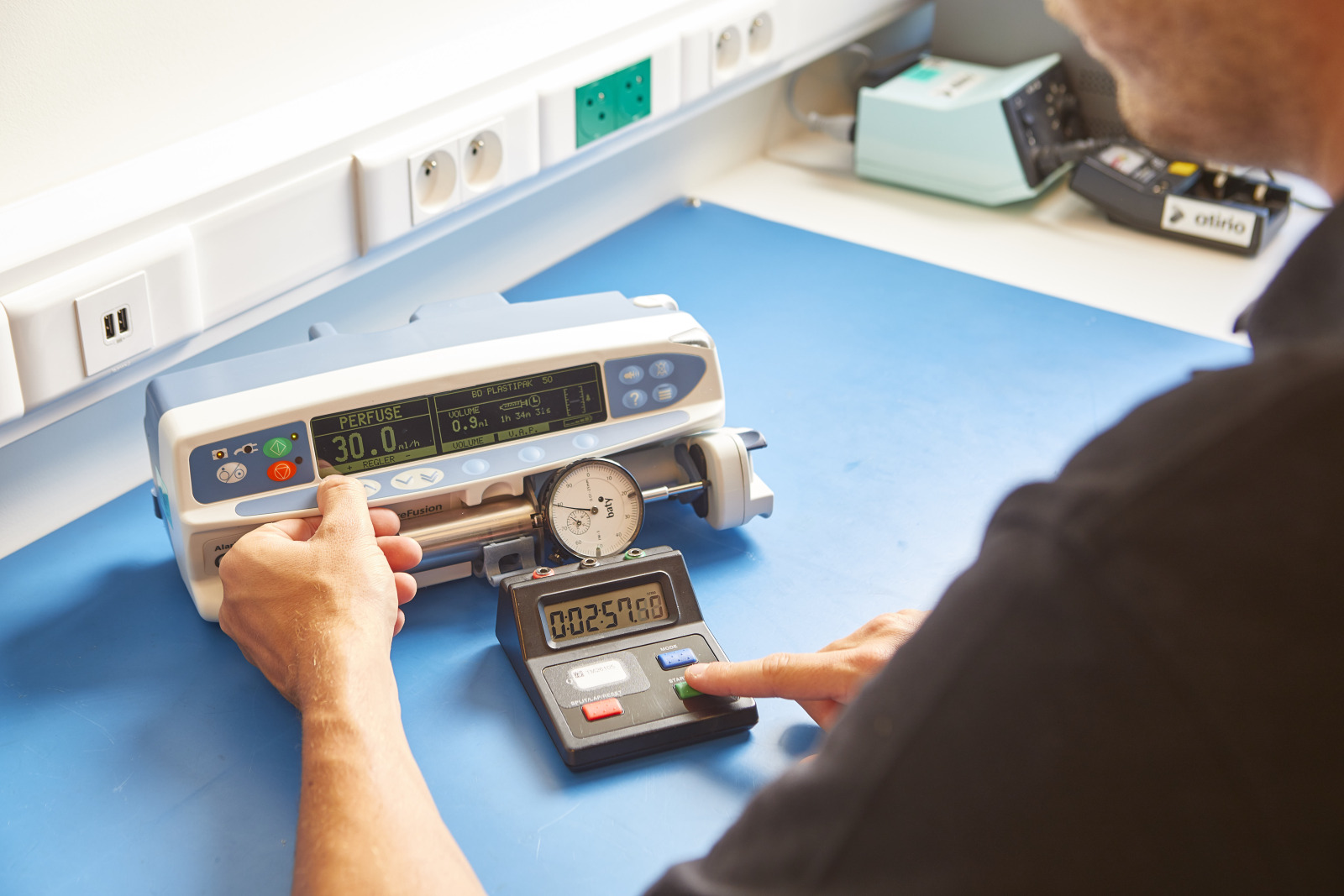
Medical equipment maintenance: an interplay between internal and external expertise
15/09/2024
In the modern healthcare sector, where technological advances are the basis for quality patient care, maintenance of medical equipment is essential. These devices are the beating heart of hospitals, residential care centres, private clinics and doctors' practices.
Whether it is ventilation equipment or a simple blood pressure monitor, each device plays a crucial role in patient well-being. A faulty device can not only cause delays but also endanger lives. So why is it that maintenance of this equipment is often not given the priority it deserves? And why is the use of external expertise and de-servicing indispensable for the healthcare sector to function optimally?
